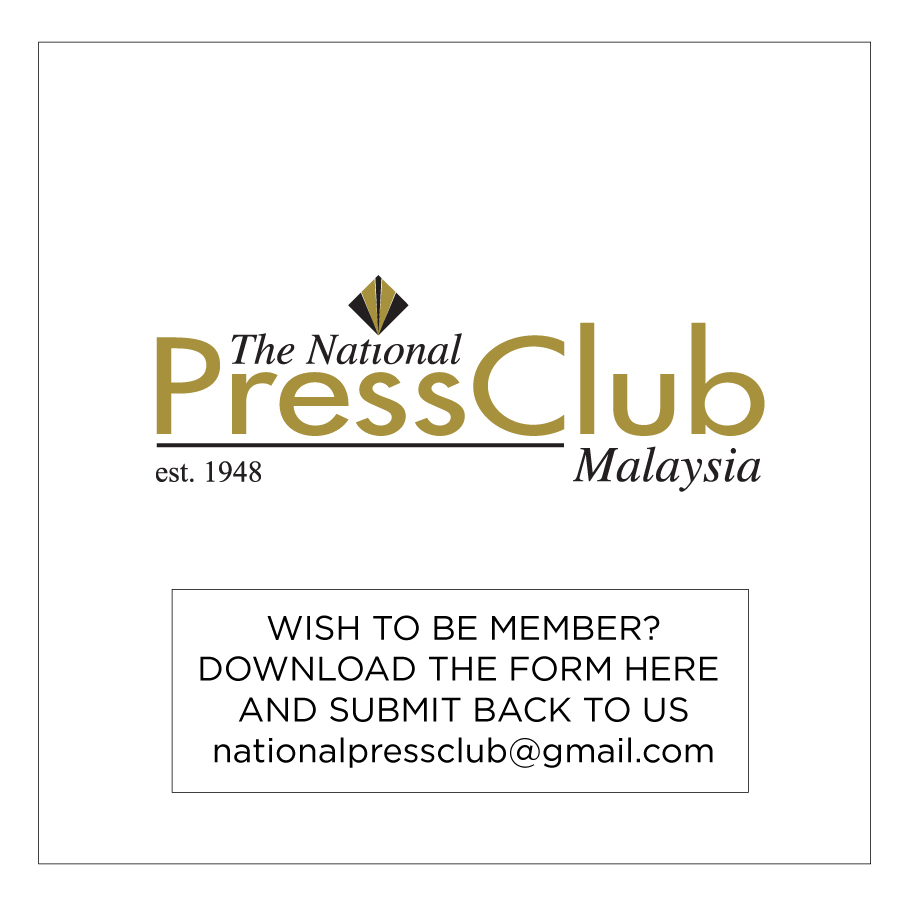“WHAT we journalists have to do is hold the line…,” was the clarion call from Nobel Peace Prize laureate Maria Ressa telecast live after receiving her award in Oslo, Norway.
“Every day, I live with the real threat of spending the rest of my life in jail just because I’m a journalist. When I go home, I have no idea what the future holds, but it’s worth the risk.”
On Friday, the 58-year-old Philippine native and Russian journalist Dmitry Muratov was awarded the Nobel Peace Prize 2021 for their efforts to safeguard freedom of expression, a precondition for democracy and lasting peace, in their countries.
On the recognition, Ressa described herself to be a “representative of every journalist around the world forced to sacrifice much to hold the line, to stay true to values and mission, to bring the truth and power to account.”
Ressa is the second woman journalist and the 18th woman to be accorded the Nobel Peace Prize since 1936 when the award was presented to German journalist Carl von Ossietzky.
After Ossietzky, Yemen journalist Tawakkol Karman, recognised for founding Women Journalist Without Chains, was the first to receive the award in 2011 and now Ressa.
Armed with freedom of expression, Ressa exposed abuse of power and use of violence in the Philippines.
Shockingly, some 40 hours before the presentation of the Oslo award, Ressa’s fellow scribe and former Reuters employee Jesus ‘Jess’ Malabanan was fatally shot in the head in Southern Philippines.
Nine years ago, Ressa co-founded Rappler, a digital media company for investigative journalism, which she still heads.
As a journalist and the Rappler’s CEO, Ressa has shown herself to be a fearless defender of freedom of expression.
She also documented how social media is being used to spread fake news, harass opponents and manipulate public discourse.
Over the decades, Muratov was known as a defender of free speech in Russia under increasingly challenging conditions.
In 1993, he was one of the founders of the independent newspaper Novaya Gazeta, later assuming the newspaper’s editor-in-chief office for 24 years. Novaya Gazeta is described to be the most independent newspaper in Russia today and is reputed for fact-based journalism and professional integrity.
 Since its start-up, Novaya Gazeta has published critical articles on subjects ranging from corruption, police violence, unlawful arrests and electoral fraud.
Since its start-up, Novaya Gazeta has published critical articles on subjects ranging from corruption, police violence, unlawful arrests and electoral fraud.
The prints’ detractors have responded with harassment, threats, violence and murder.
Over the years since its inception, six of its journalists have been killed, including Anna Politkovskaya who wrote revealing articles on the war in Chechnya.
Despite the killings and threats, Muratov has remained steadfast against abandoning the newspaper’s independent policy.
He always continues to defend the right of journalists to write anything they want about whatever they want, as long as they comply with the professional and ethical standards of journalism.
“The award is dedicated to Russian journalists killed in the line of duty,” Muratov said over a television telecast.
“The situation with independent media in Russia remains “very, very difficult and complicated.” And, he added, legislation aimed at restricting freedom of the press wasn’t helping matters.
“In recent months, dozens of Russian journalists and media outlets have been harassed and put on government blacklists as “foreign agents” or “undesirable organisations”.”
Free, independent and fact-based journalism serves to protect against abuse of power, lies and war propaganda.
The Norwegian Nobel Committee is convinced that freedom of expression and freedom of information help to ensure an informed public.
These rights are crucial prerequisites for democracy and protection against war and conflict.
The award of the Nobel Peace Prize to Maria Ressa and Dmitry Muratov is intended to underscore the importance of protecting and defending these fundamental rights.
“At the same time, they are representatives of all journalists who stand up for this ideal in a world in which democracy and freedom of the press face increasingly adverse conditions,” the Norwegian Nobel Committee announced.
Without freedom of expression and freedom of the press, it will be difficult to successfully promote fraternity between nations, disarmament and a better world order to succeed in our time.
This year’s award of the Nobel Peace Prize is therefore firmly anchored in the provisions of Alfred Nobel’s will.















